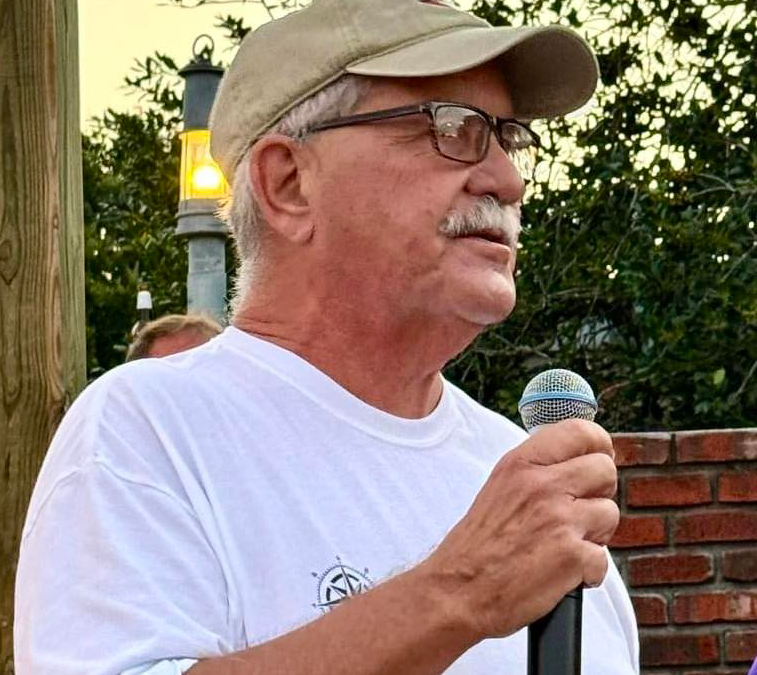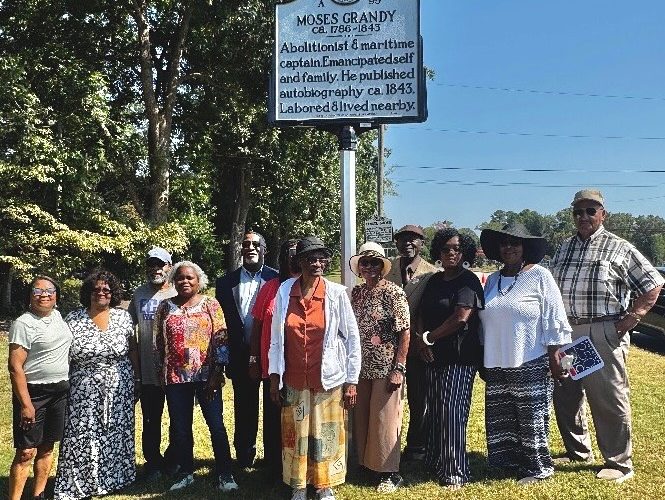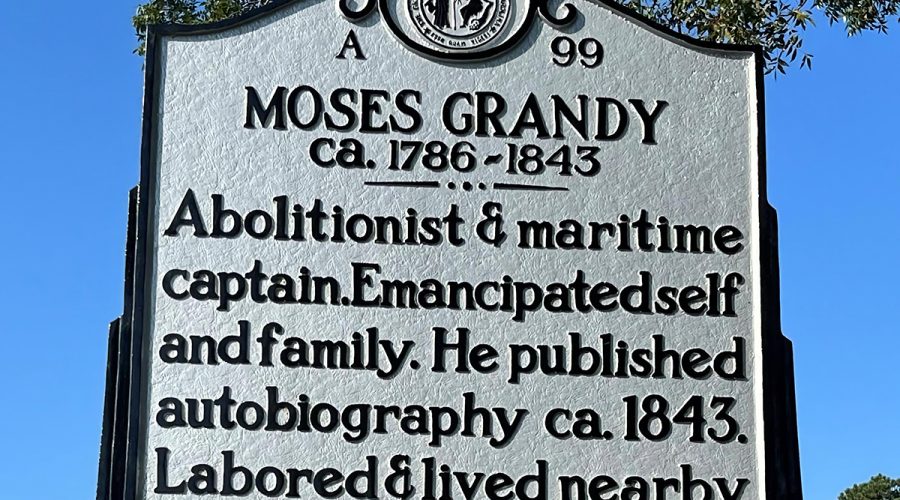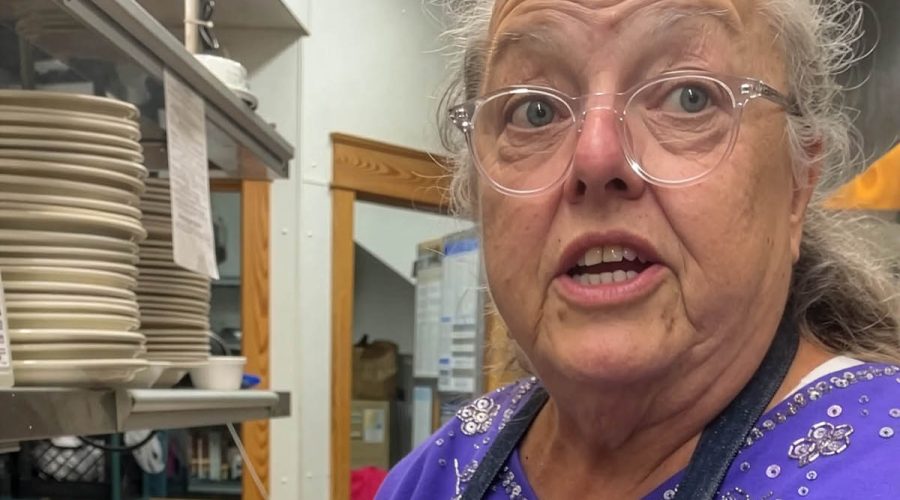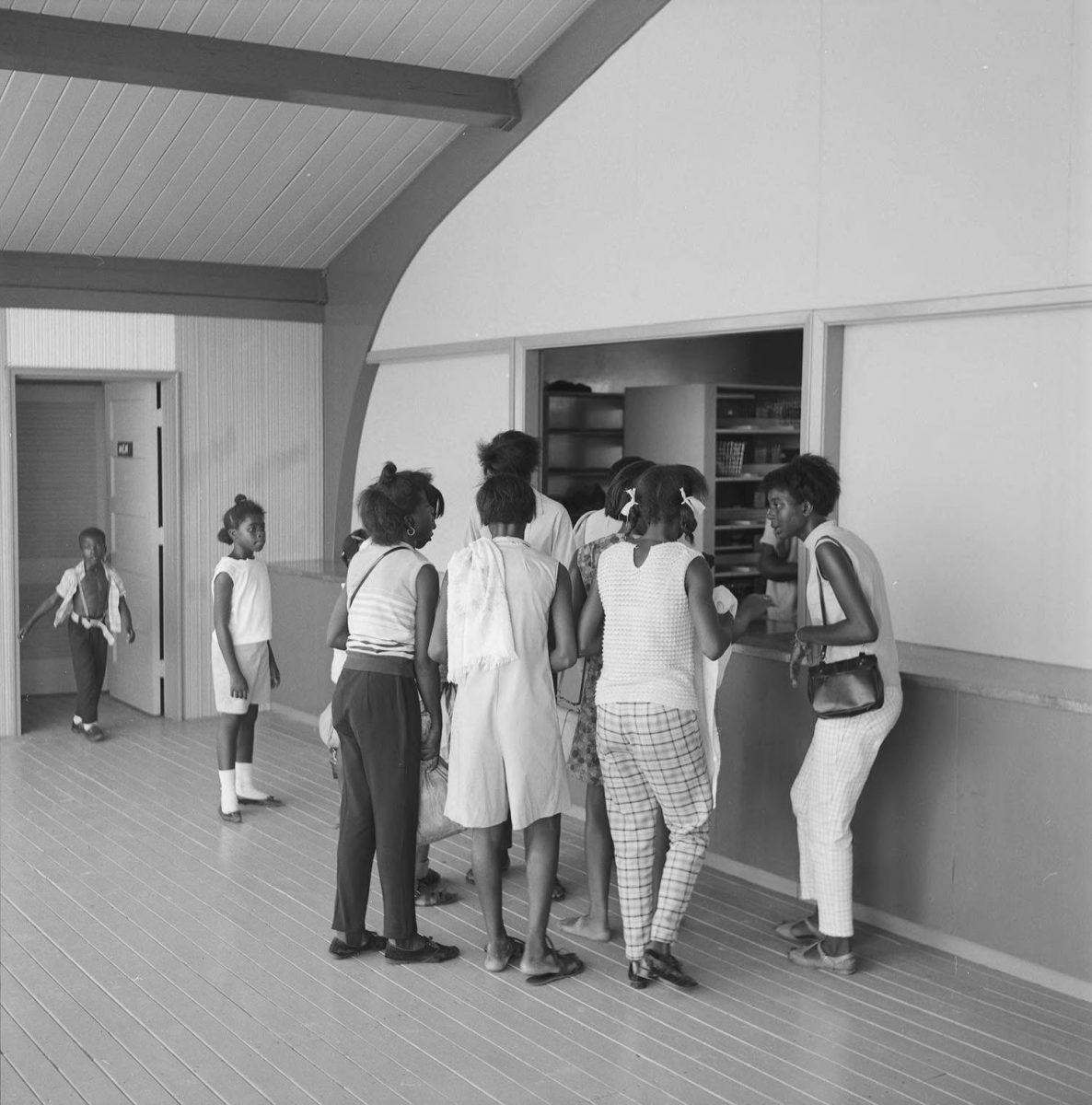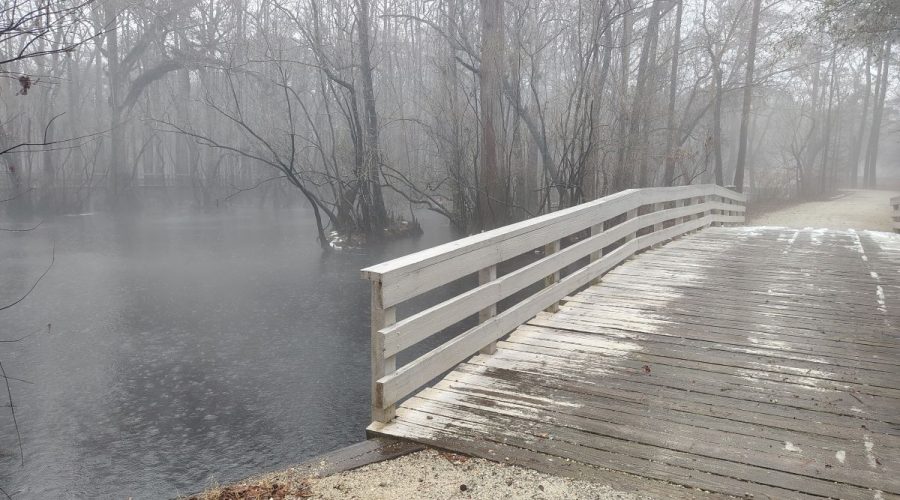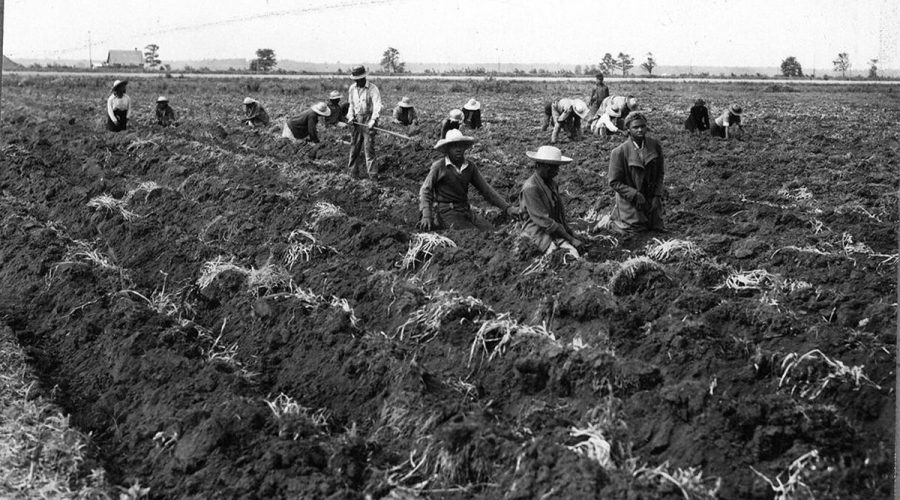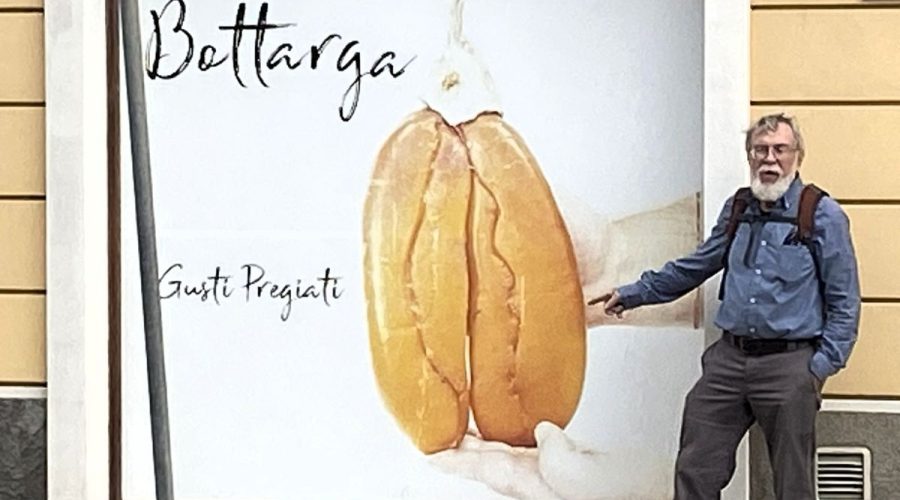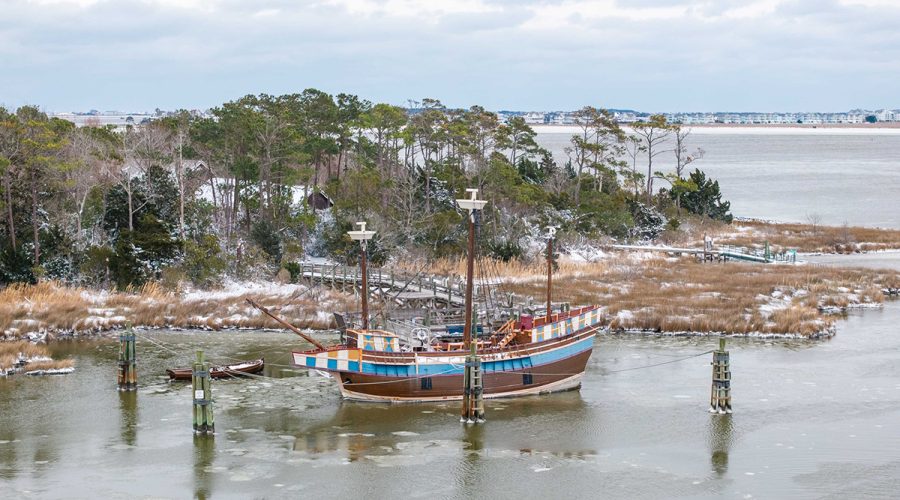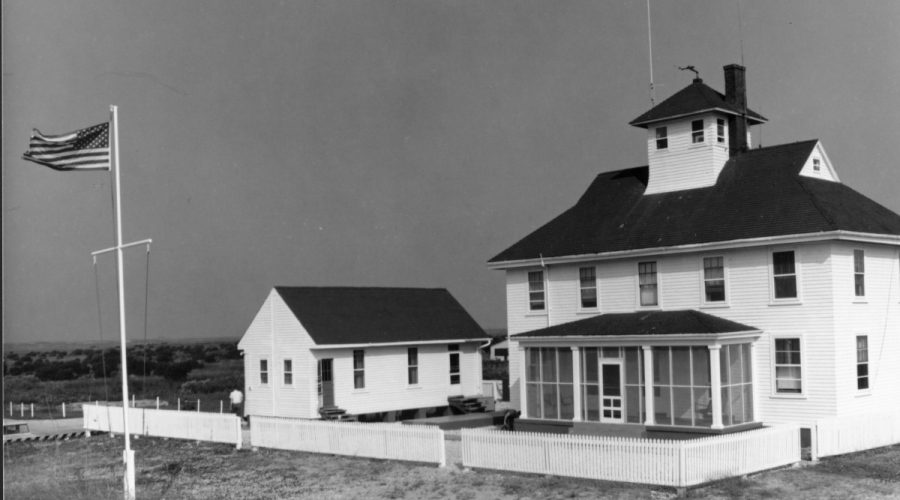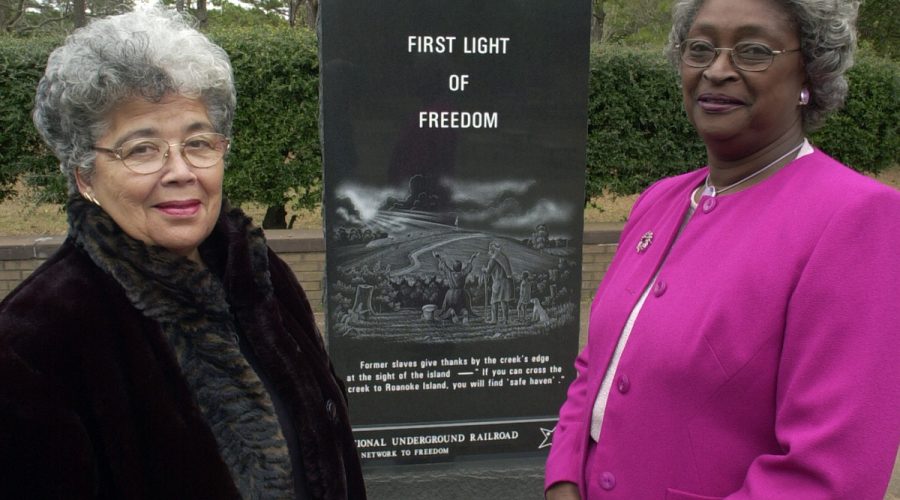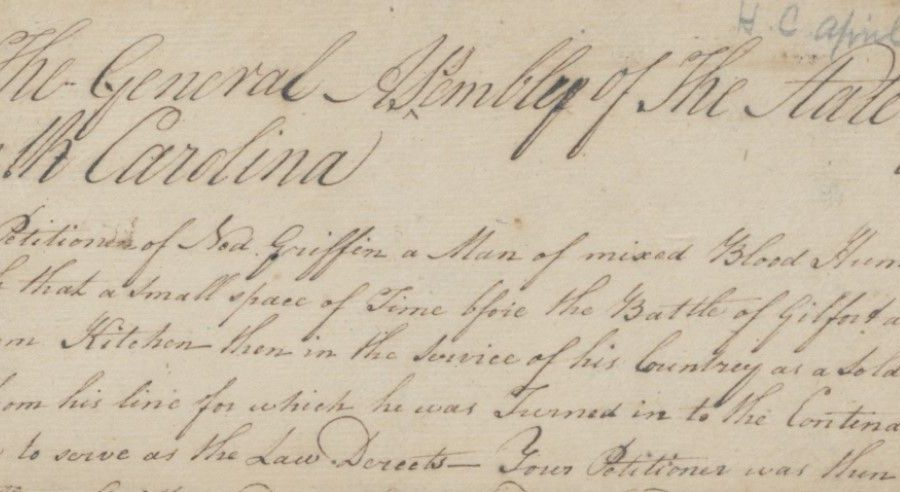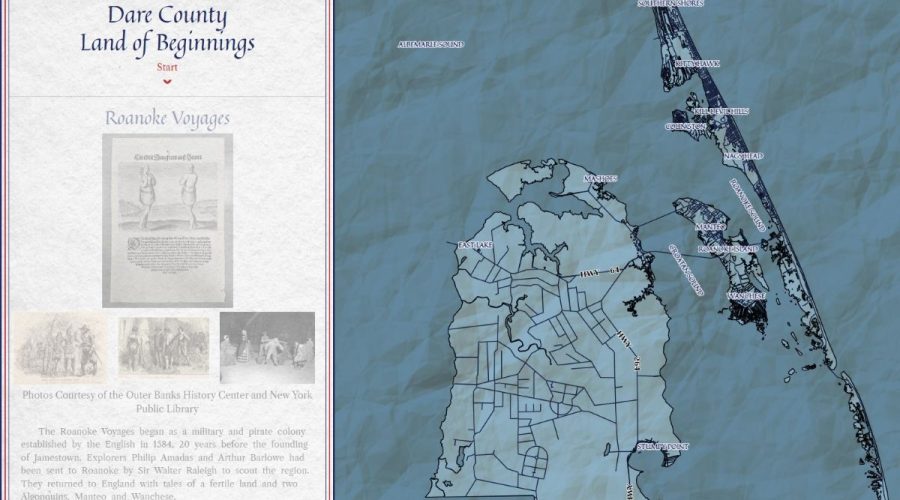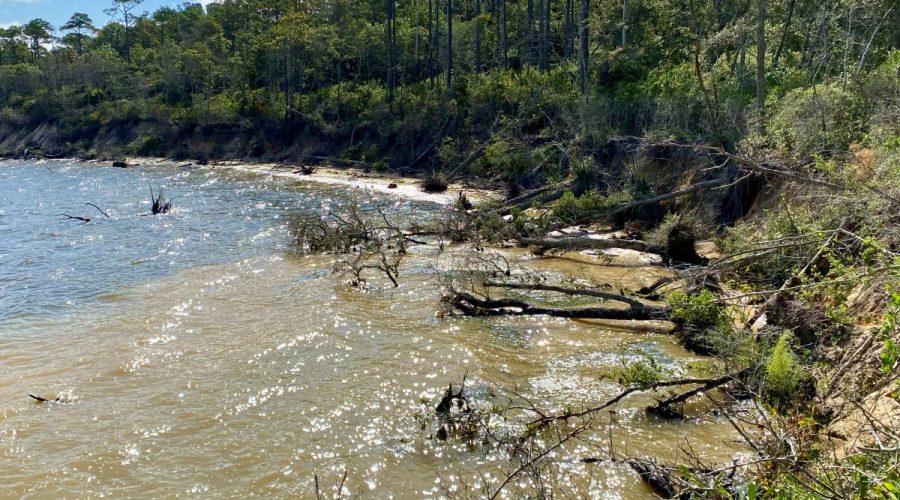Core Sound Waterfowl Museum and Heritage Center is hosting its annual Taste of Core Sound winter edition Friday evening at the site on Harkers Island.
culture and history
Dare students can enter essay, art contest for America’s 250th
Students in third through 12th grade are encouraged to enter the committee’s essay contest and student art exhibit, both “designed to celebrate local history, highlight student talent and support innovative learning in the lead-up to the Dare A250 Faire” on April 18.
Moses Grandy’s eventual freedom came at great cost
Second of two parts: Moses Grandy, born enslaved in Camden County, made three attempts to purchase his freedom, and he secured his family’s freedom, too.
CSI’s ‘Maritime Mysteries’ program to take a dive underwater
Families with children 7 and older can learn about the world of maritime archaeology Wednesday afternoon at the Coastal Studies Institute in Wanchese.
Enslaved in Camden County, Moses Grandy knew its cruelty
A highway marker erected last fall honors Moses Grandy of Camden County, whose life story helped elevate understanding of the institution’s brutality and increase calls for its abolition.
How this famous Outer Banks cook made ‘Banker’ fish cakes
To taste a fish cake in the style of coastal North Carolina “Bankers,” the name locals use for the ancestral residents of these islands, is to take a bite of history.
Hammocks group to hold NC Teachers Association program
The Friends of Hammocks Beach and Bear Island group is hosting an event Saturday that celebrates the North Carolina Teacher’s Association, the only organization for African American educators in the state.
Battle of Moores Creek Bridge virtual program Feb. 19
The State Archives is commemorating the 250th anniversary of the Battle of Moores Creek Bridge with a virtual lunch and learn program, “Marching Toward Revolution” at noon Thursday.
Our Coast: Federal Writers’ Project’s Muriel Wolff in Terra Ceia
Muriel L. Wolff while working for the Federal Writers’ Project spent several weeks during May 1938 interviewing people in Beaufort County’s Terra Ceia, where Dutch immigrants, African Americans, and others tried to make a new home in hard times, historian David Cecelski writes.
‘The Cosmopolitan Mullet,’ Part 2: Back to where it all began
Dr. David Burney and his wife Lida follow their love for mullet from Down East Carteret County to Sardinia, “the very heartland of one of Italian cuisine’s most famous products, bottarga di muggine, our own beloved mullet roe” in the second installment of a series special to Coastal Review.
Elizabeth II unable to leave for overdue maintenance … again
Once again, shoaling in a Roanoke Sound channel is preventing the state attraction Elizabeth II, a vessel representative of Lost Colony-era ships, from leaving its moorings at Roanoke Island Festival Park for maintenance.
Core Sound to salute Cape Lookout’s Coast Guard history
The Core Sound Waterfowl Museum and Heritage Center is hosting Saturday at its Harkers Island facility an anniversary celebration for the Coast Guard at Cape Lookout.
Black history key to understanding Outer Banks’ past
Learn about Black history on the Outer Banks during a special event Feb. 28 at the Pea Island Cookhouse Museum on Roanoke Island.
Emancipation laws during Revolution virtual program set
The virtual lunch-and-learn program, “Bound by Law: Limits to Emancipation during the Revolution,” explores legislated restrictions on the emancipation of enslaved individuals in early North Carolina.
Dare County begins America’s 250th commemoration
Dare A250, the county’s planning committee for America’s 250th, has begun celebrating with an interactive map and passport program that focuses on Dare’s contributions to the nation’s origins.
Fort Raleigh closer to installing shoreline erosion protection
Both the National Park Service and state have comment periods open on an erosional control measure along the shoreline of the national historic site on Roanoke Island.

